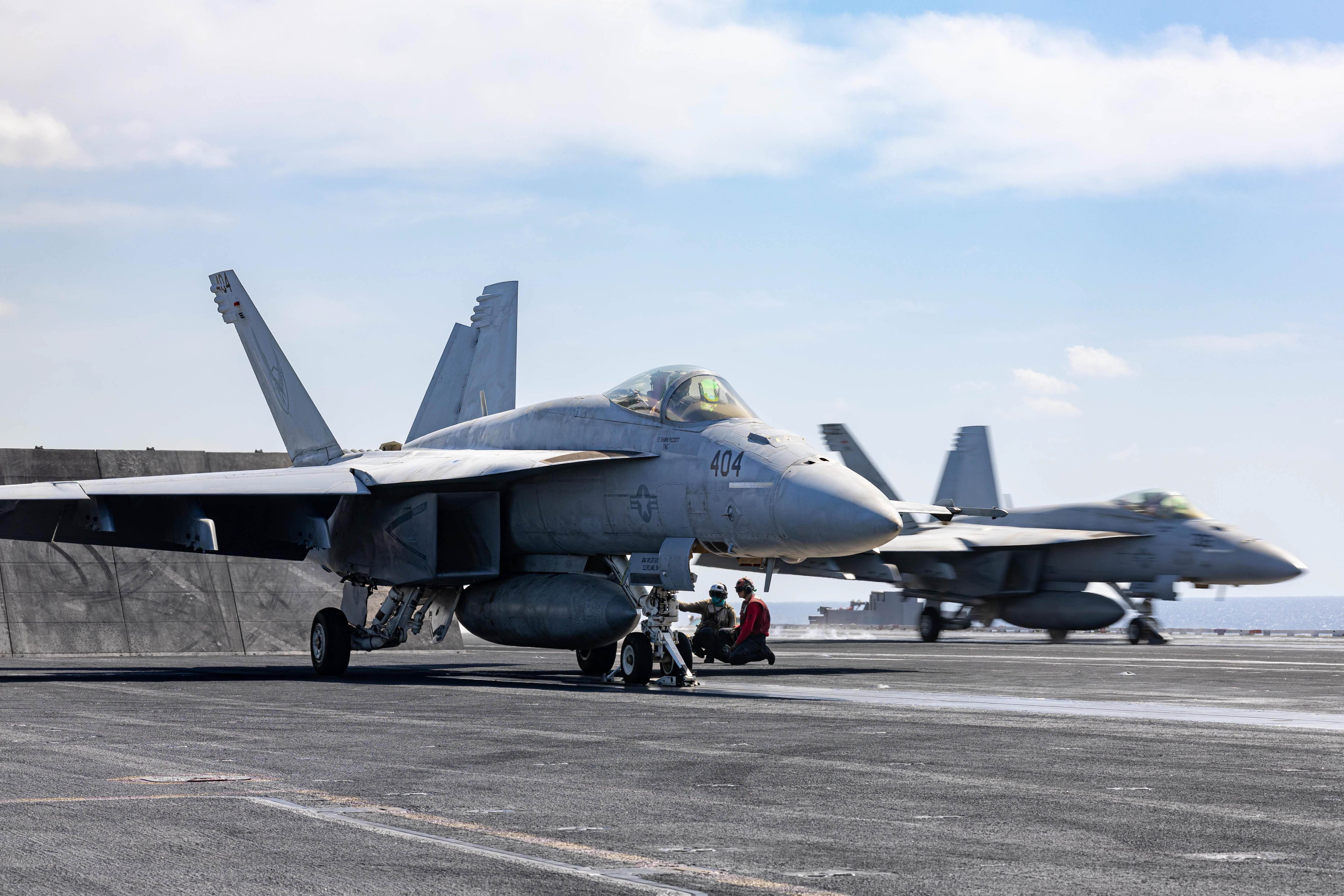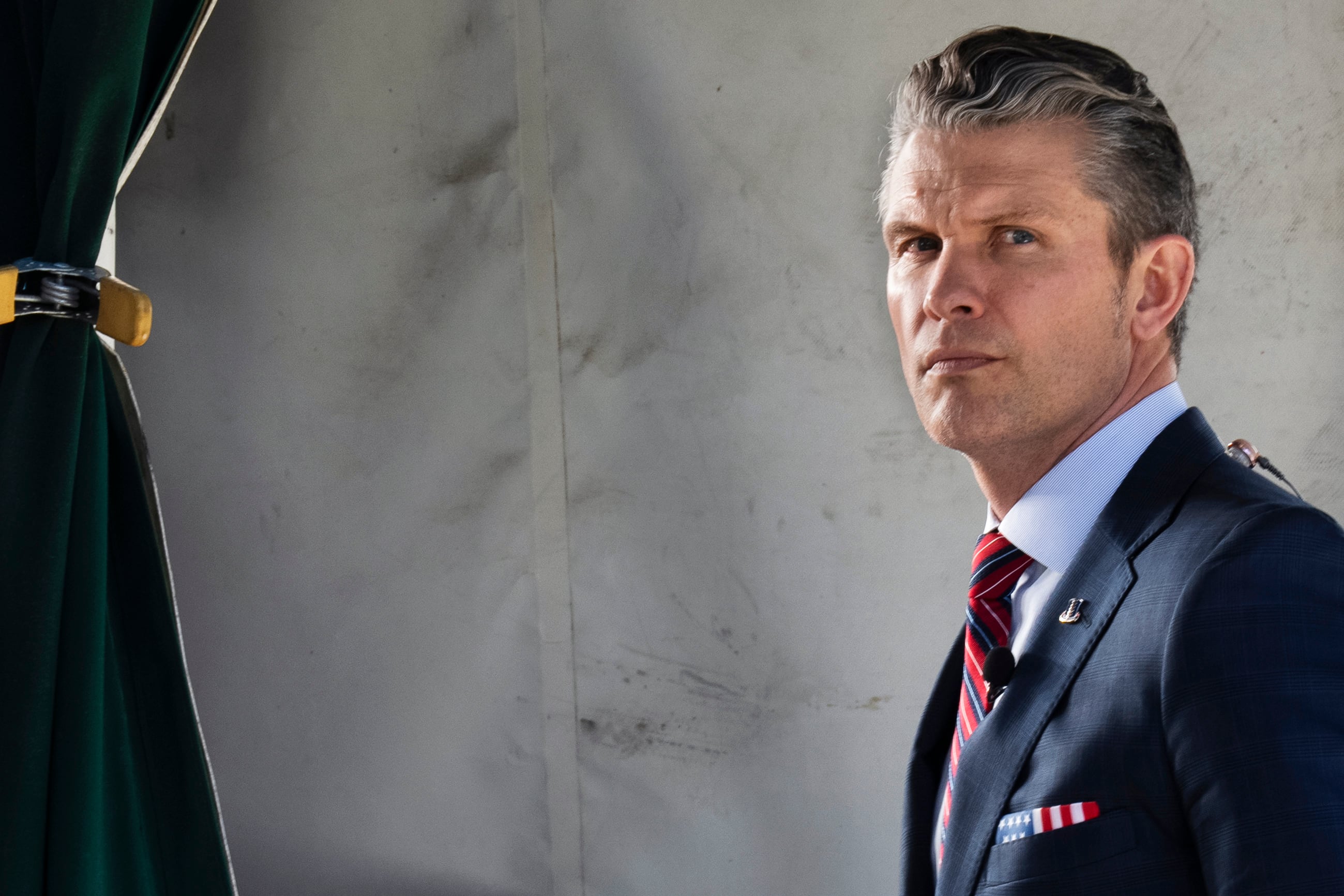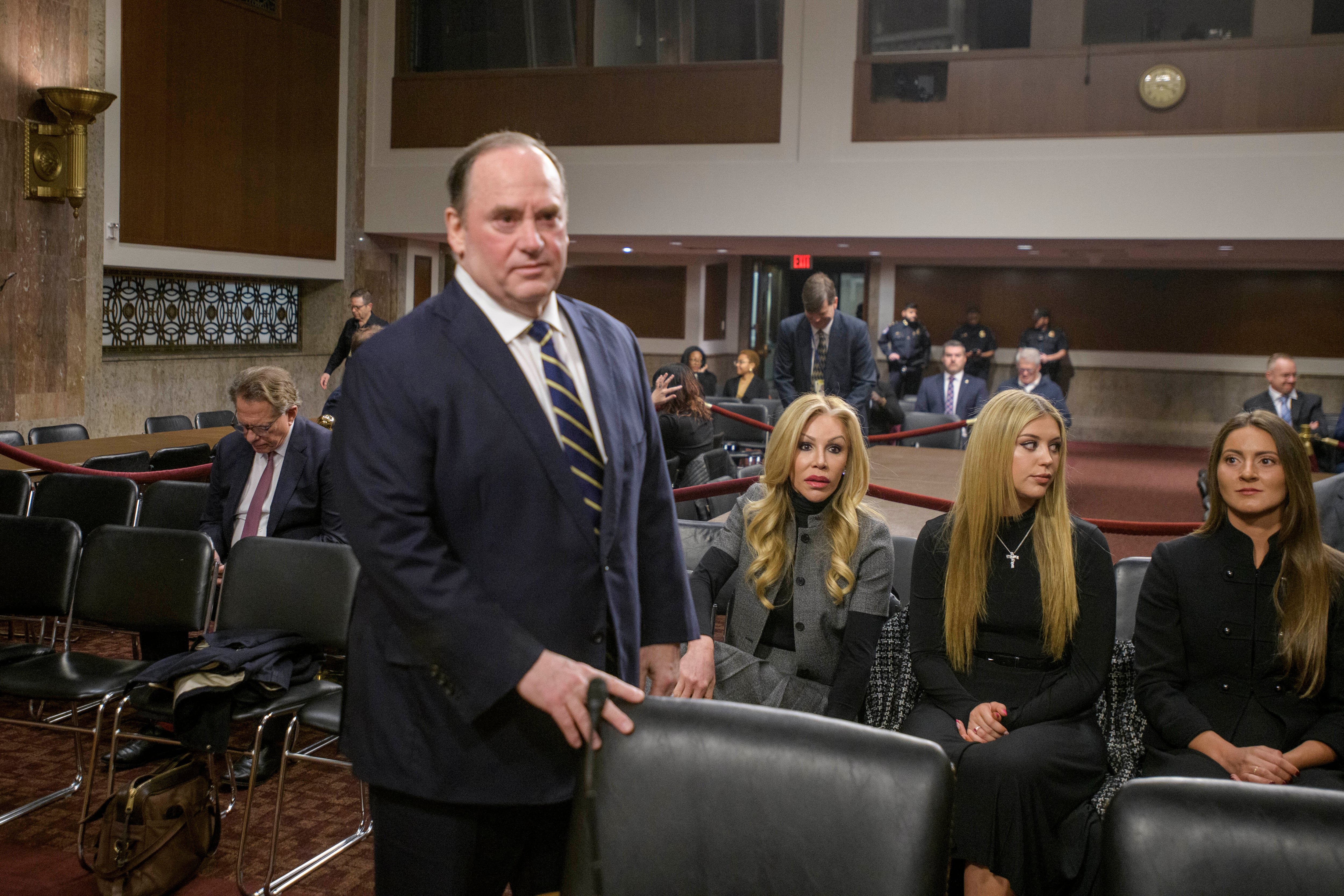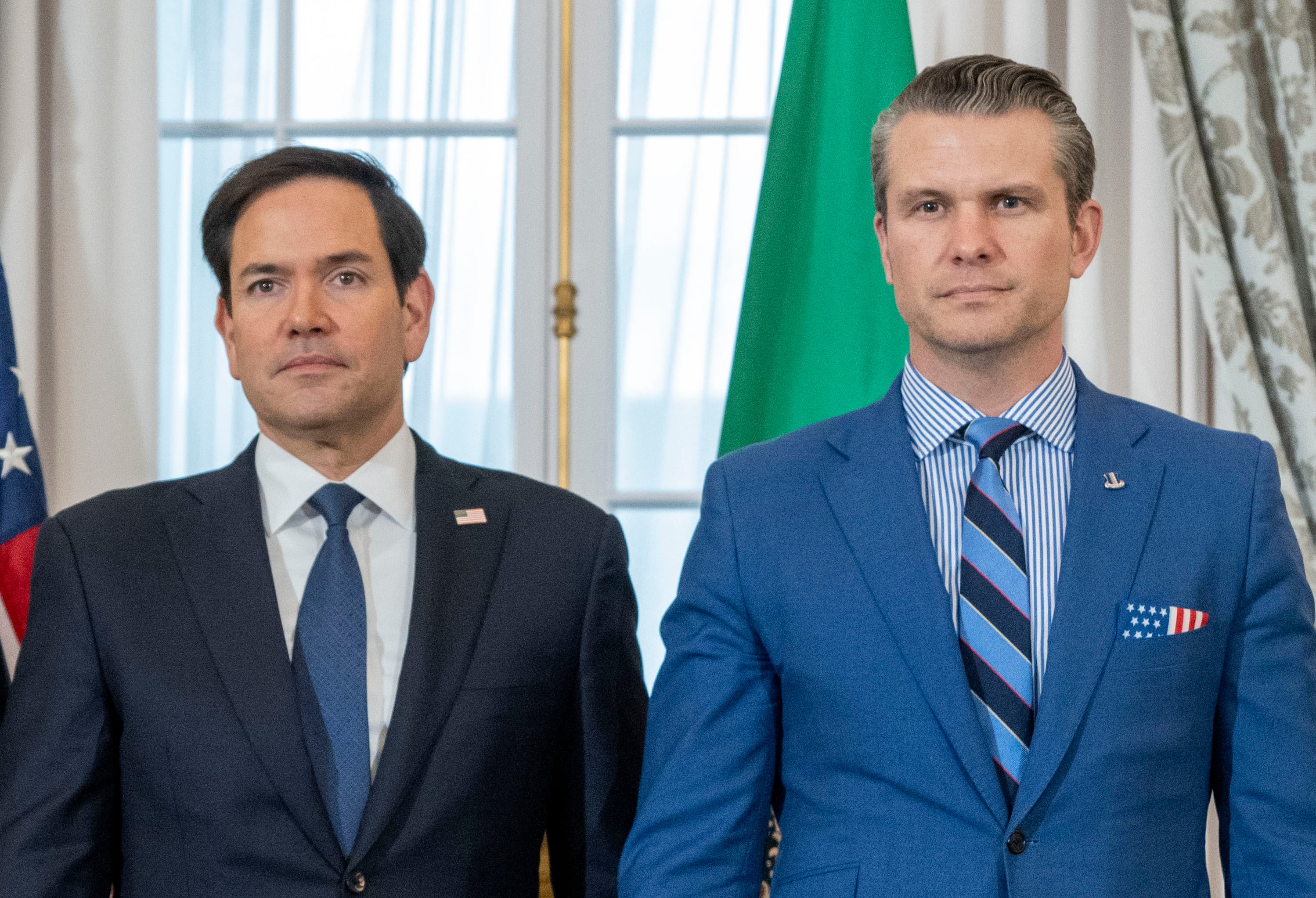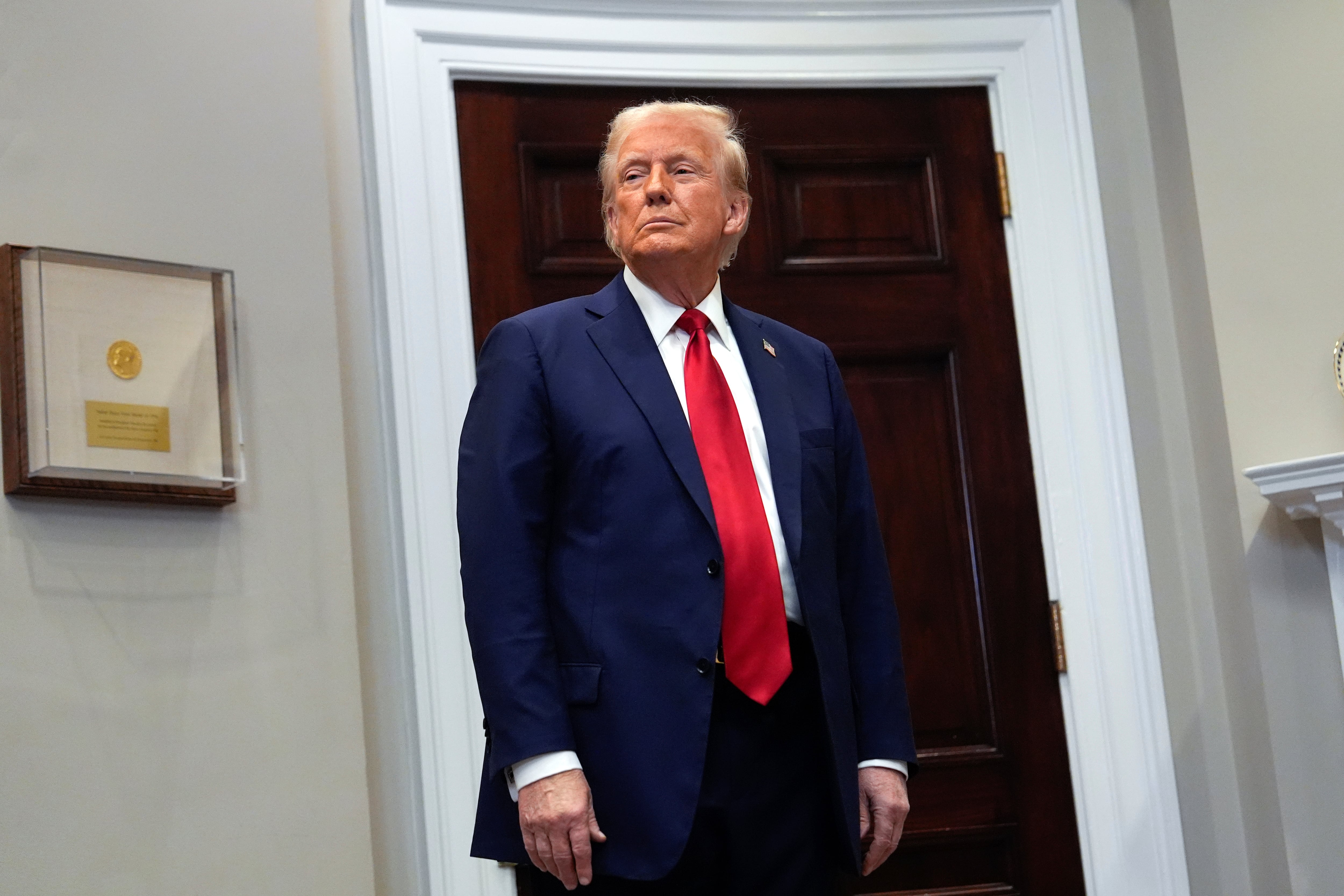WASHINGTON — Reports of a proposed significant increase in the number of U.S. troops in Afghanistan brought praise from critics of the drawdown of forces in the region but renewed concerns from Democrats unsure of the president's strategy for the war.
The news comes three months after Gen. John Nicholson Jr.,commander of United States Forces Afghanistan, told lawmakers that he needed additional forces to expand advising and training of Afghan troops and break the "stalemate" with terrorist groups still operating in the region.
About 8,500 U.S. troops and another 5,000 troops from foreign allies are still stationed in Afghanistan, even though the official combat mission there ended in 2014.
The Washington Post this week reported that senior administration officials are pushing President Donald Trump to effectively return to the combat mission against the Taliban, adding thousands of troops to the fight.
Sources told the paper the new plan would also authorize the Pentagon to set its own troop numbers for Afghanistan, instead of following White House recommendations. Pentagon officials would also review the rules of engagement for troops operating there, following a Trump campaign trail promise to give military leaders more autonomy.
No formal plan has yet been announced or presented to Congress. Senate Armed Services Committee Chairman John McCain, R-Ariz., said he hopes that proposal will arrive soon.
"I expect to see a strategy to win," McCain told reporters Tuesday. "And that's going to require more troops, thousands more. It's going to require more effort, it's going to require more money."
McCain has been a vocal opponent of the U.S. drawdown of troops in Afghanistan and Iraq, and blamed former President Barack Obama’s decision to end combat operations for destabilizing both countries.
Sen. Lindsey Graham, R-S.C., has also echoed that sentiment and supported the reported troopw hike.
"I think we should do it quickly," he said. "We need forces over there to protect the American homeland.
"I’ve come to conclude the deterioration of security in Afghanistan has allowed terrorist groups to go back there to find safe haven, and that international terrorist groups are operating in Afghanistan. We need more American forces there as an insurance policy."

Gen. John Nicholson, the US commander in Afghanistan, second right, shakes hands with US soldiers ahead of a handover ceremony at Camp Leatherneck in Lashkar Gah in the Afghan province of Helmand on April 29, 2017.
Photo Credit: Wakil Kohsar/AFP via Getty Images
But lawmakers who praised Obama for the military drawdowns in both regions said they worry Trump’s move comes without any real strategy or long-term goals, other than undefined promises of "winning" against foreign fighters.
"We’ve seen this movie before: commitment of ground troops, escalating engagement without congressional oversight," said Sen. Richard Blumenthal, D-Conn., referencing the tens of thousands of U.S. troops sent to Iraq at the height of that war.
"We need to make sure the president of the United States comes to us and gets the American people to approve when he is conducting a war. Commitment of additional ground troops is an ominous sign of what is to come."
Iraq War veteran Sen. Tammy Duckworth, D-Ill., said talk of giving military leaders more independence alarms her.
"My deep concern is that the president, who is commander in chief of our military, seems to not want to do his job, and is shifting that work on the commanders at the Pentagon," she said. "If the White House won’t do its job, then I will make sure here in the Senate we have those discussions."
That could include a review of the authorization of military force for operations in Afghanistan, although congressional leaders have repeatedly rebuffed attempts for a significant public debate on that issue.
Senate Foreign Relations Committee Chairman Bob Corker, R-Tenn., said he expected the White House would look to add more troops to Afghanistan given Nicholson’s stance, and he welcomed the idea.
"The trajectory has not been good (in Afghanistan,)" he said. "In my last visit there, things were on the downhill slope, and they continue to get worse, so we’ve got to get movement in a different direction."
White House spokesman Sean Spicer said no decisions on troop levels in Afghanistan have been finalized yet, but he reiterated Trump’s promises to keep America safe and root out terrorist threats across the globe.
"One of the things he has asked our national security team to think through is to think through the strategy," he said. "How do we win? How do we eliminate the threat?"
Leo Shane III covers Congress, Veterans Affairs and the White House for Military Times. He can be reached at lshane@militarytimes.com.
Joe Gould covers Congress and the White House for Defense News. He can be reached at jgould@defensenews.com.
Joe Gould was the senior Pentagon reporter for Defense News, covering the intersection of national security policy, politics and the defense industry. He had previously served as Congress reporter.
Leo covers Congress, Veterans Affairs and the White House for Military Times. He has covered Washington, D.C. since 2004, focusing on military personnel and veterans policies. His work has earned numerous honors, including a 2009 Polk award, a 2010 National Headliner Award, the IAVA Leadership in Journalism award and the VFW News Media award.


